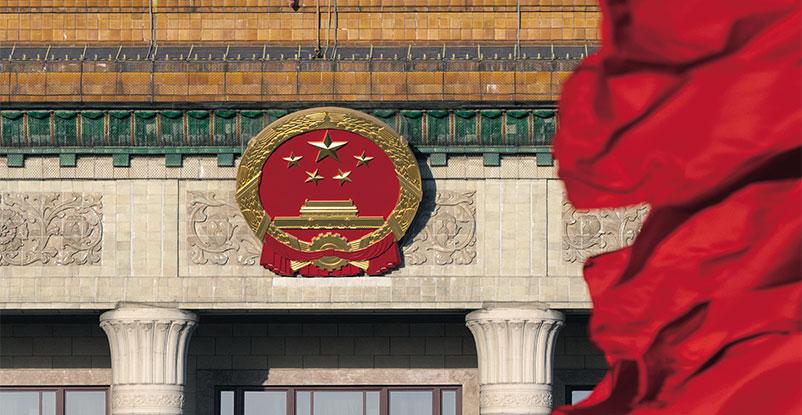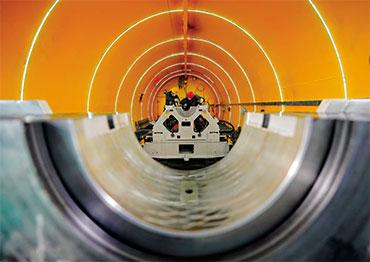One of the most watched figures in the annual NPC sessions was the government’s 2023 growth target, which the government set at “around 5 percent.” Observers consider it a prudent goal set at the lower end of expectations.
According to Yao Yang, a liberal arts professor at the China Center for Economic Research and the National School of Development, Peking University, GDP growth of 5 percent in 2023 is “the bottom line” if China is to achieve the target it has set in the 14th Five Year Plan (2021-2025) and 2035 Long-Range Objectives. Yao told NewsChinathat to achieve the 2035 objective, China needs to maintain an annual compound growth rate above 4.73 percent between 2021 and 2035.
During the three years of the Covid-19 pandemic from 2020 to 2022, China’s annual compound growth rate was 4.5 percent. If it fails to achieve at least 5 percent growth in 2023, it would be very hard to achieve the 2035 objectives, Yao said.
However, Yao said he is optimistic about China’s economic prospects for the year. His major concern is that a relatively low growth target may lead to tighter monetary policy. “China has a potential growth rate of 5.5 percent as the government shifts its policy focus to boost economic growth in 2023. The actual growth rate can exceed the potential growth rate, leading to an overheated economy,” Yao said. “2023 is a special year. The government should allow some overheating and refrain from tightening its monetary policy if the growth rate goes higher than 5 percent.”
Yao’s optimism is shared by Zhang Liqun, a research fellow at the department of macroeconomic research at the Development Research Center of the State Council. Zhang believes that China can achieve a growth rate of more than 6 percent in 2023. “[Despite the impact of the pandemic] the fundamentals of China’s economy remain strongenough to secure long-term growth,” Zhang told NewsChina. “As governments at all levels are now shifting their focus back to economic development, the growth potential of China’s economy will be fully unleashed.”
Zhang said that in the past months, the Chinese economy continued to see shrinking demand, supply chain disruption and weakened expectations. But as the central government launched policies to address these challenges in late 2022 and early 2023, the Chinese economy has shown strong growth momentum.
But in his first press conference after succeeding Li Keqiang to become China’s new premier held on March 13, Premier Li Qiang warned that achieving the five percent GDP target is not an easy task and requires “redoubled efforts.”
Playing down the importance of the GDP growth rate, Li said what people care more about are the things that happen in their own everyday life like housing, employment, income, education, medical services and the environment.
Liu Yuanchun, president of the Shanghai University of Finance and Economics, who advised in early 2023 that China should set its growth target at 5-6 percent, told NewsChina that the relatively low target of “about 5 percent” can help the central government counterbalance the more ambitious targets set by provincial governments.
In the past, provincial and regional governments competed to set more ambitious growth targets than the central government. In the past two months, all 31 provinces, autonomous regions, and municipalities in the Chinese mainland have released their own targets. Over two-thirds set growth targets at above 5.5 percent.
Eight aim to grow their economies by 6.5 percent or more. The most ambitious is Hainan, the smallest and southernmost province of the Chinese mainland, which set its growth target at 9.5 percent, followed by 8 percent in the Tibet Autonomous Region.
Liu said that setting the national growth target at a moderate level of 5 percent can guide provincial governments to seek more realistic and sustainable development and focus on the quality, rather than the quantity, of their growth.

 Old Version
Old Version
